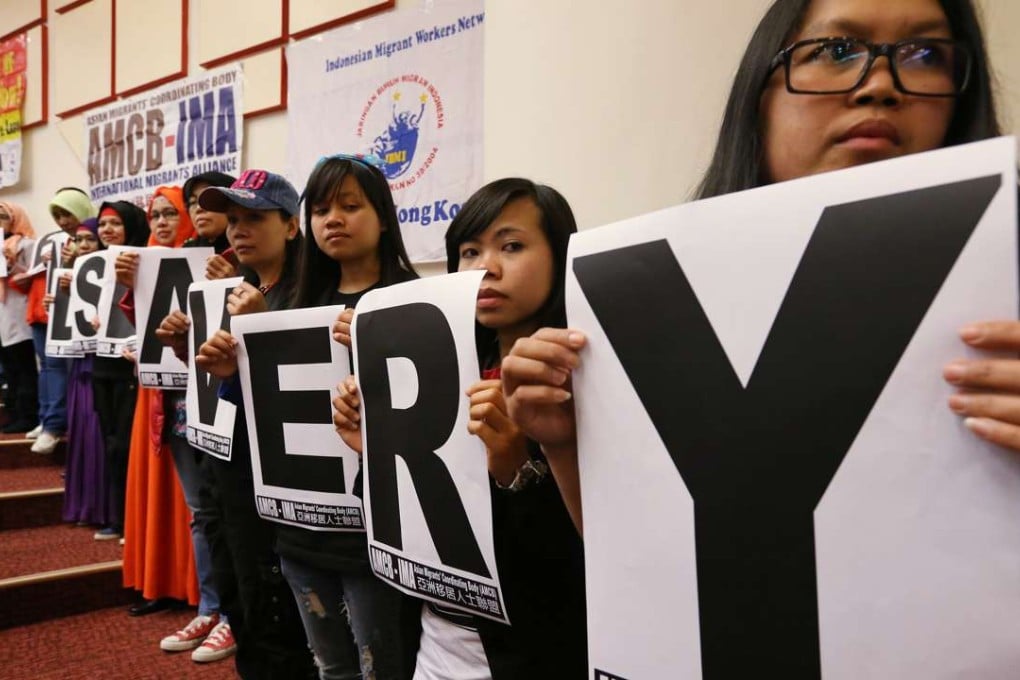Hong Kong must lead the fight against human trafficking, rather than just do the bare minimum
Tony Read says the government needs to first admit that the city plays a role in the global problem, and then enact an anti-trafficking law that can be a model for the region

Over the past 10 years, governments in developed countries around the world have become increasingly aware of the evils associated with the trade in people, or trafficking, and have taken steps to prevent it by enacting appropriate legislation, training officials and actively fighting this crime.
This has become a major initiative across the globe. No country is free from its scourge, and most recognise that, in order to make a difference to the estimated 35 million people who experience modern-day slavery, all countries must work together. However, it has become increasingly clear that our efforts so far have yielded little success in reducing this statistic significantly, despite some remarkable improvements and changes.

Hong Kong losing the fight against human trafficking, US report finds
One is the reinstatement of Thailand to the Tier 2 Watch List, after it was downgraded to Tier 3 last year due to its appalling record of slave labour in the shrimp fishing industry. Many non-governmental organisations working in Thailand have protested that, despite some significant efforts to tighten up this trade, the Thai government has not done enough to justify this reinstatement.